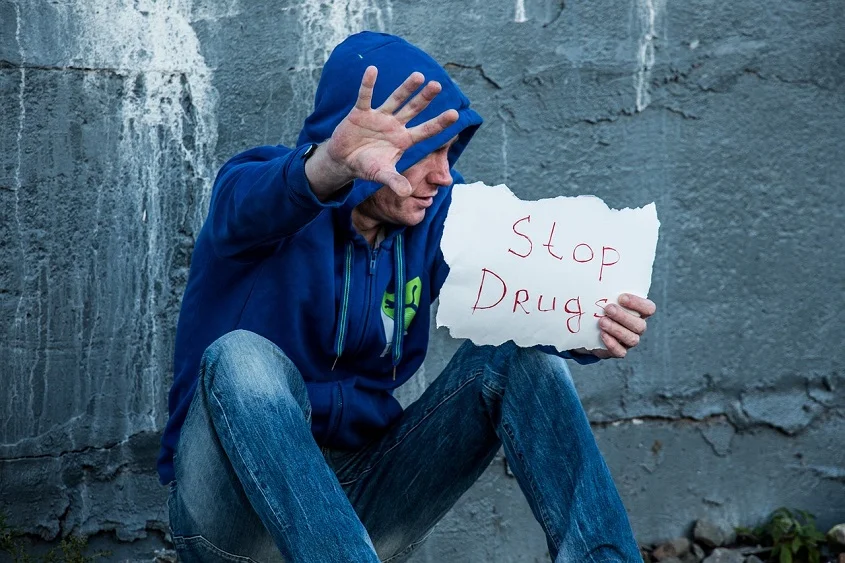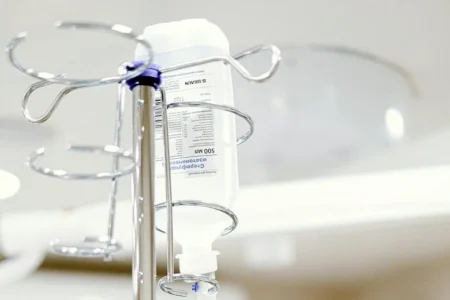3 Addictive Substances You Should Never Quit Cold Turkey
- Updated on: Jan 2, 2025
- 2 min Read
- Published on Jan 2, 2024

Embarking on the journey to overcome addiction is a commendable and life-changing decision. However, when it comes to certain substances, quitting cold turkey can be perilous. It could even be counterproductive without going through a properly supervised drug detox.
The abrupt cessation of certain addictive substances can lead to severe withdrawal symptoms, jeopardizing both your physical and mental well-being.
It is rarely advisable to quit suddenly without professional guidance. Here is a look at three addictive substances, in particular, that should never be quit cold turkey.

Benzodiazepines
Benzodiazepines is commonly prescribed for anxiety, insomnia, and certain neurological disorders. It is well known that their sedative effects can have an impact on your central nervous system. Abruptly discontinuing benzodiazepines can result in a range of distressing withdrawal symptoms, including seizures. You can also experience increased anxiety, insomnia, and even hallucinations.
Tapering off benzodiazepines under medical supervision is crucial to mitigate these risks. A gradual reduction in dosage allows your body to adjust to the decreasing levels of the drug, minimizing the intensity of withdrawal symptoms.
Medical professionals may create a tapering schedule tailored to your specific needs, ensuring a safer and more comfortable withdrawal process.
Opioids
Opioids, prescribed for pain management, are notorious for their addictive nature. Abruptly stopping opioid use can lead to excruciating withdrawal symptoms, such as muscle aches, nausea, vomiting, and intense cravings.
It should also be noted that the sudden discontinuation of opioids can increase the risk of relapse, as you may may seek relief from the overwhelming withdrawal symptoms.
Tapering off opioids involves gradually reducing the dosage while monitoring for any signs of discomfort or complications. This approach helps your body adjust to diminishing opioid levels, making the withdrawal process more manageable.
Medical supervision is crucial during opioid tapering to address any emerging issues promptly and provide any urgent and necessary support.
Alcohol
Alcohol withdrawal is a complex and potentially life-threatening process that should never be undertaken without proper medical guidance. Abrupt cessation of alcohol, especially if you have a long history of heavy drinking, can lead to a condition known as delirium tremens (DT). DT is characterized by severe confusion, hallucinations, seizures, and cardiovascular instability.
Medical professionals recommend a carefully managed tapering schedule for anyone seeking to quit alcohol. This process involves gradually reducing alcohol intake to prevent the onset of severe withdrawal symptoms.
Medical supervision is essential to monitor vital signs, address complications, and administer medications that can help alleviate symptoms and reduce the risk of life-threatening complications.
While the decision to quit addictive substances is a very positive step towards a healthier life, it is essential to approach the process with caution and seek professional guidance.
Quitting cold turkey, especially with substances like benzodiazepines, opioids, and alcohol, can pose significant risks to your physical and mental well-being.
Tapering off these substances under the supervision of healthcare professionals ensures a safer and more effective transition toward a drug-free life.
Remember, seeking support from medical professionals, counseling, and support groups is usually crucial for a successful and sustainable recovery journey.












